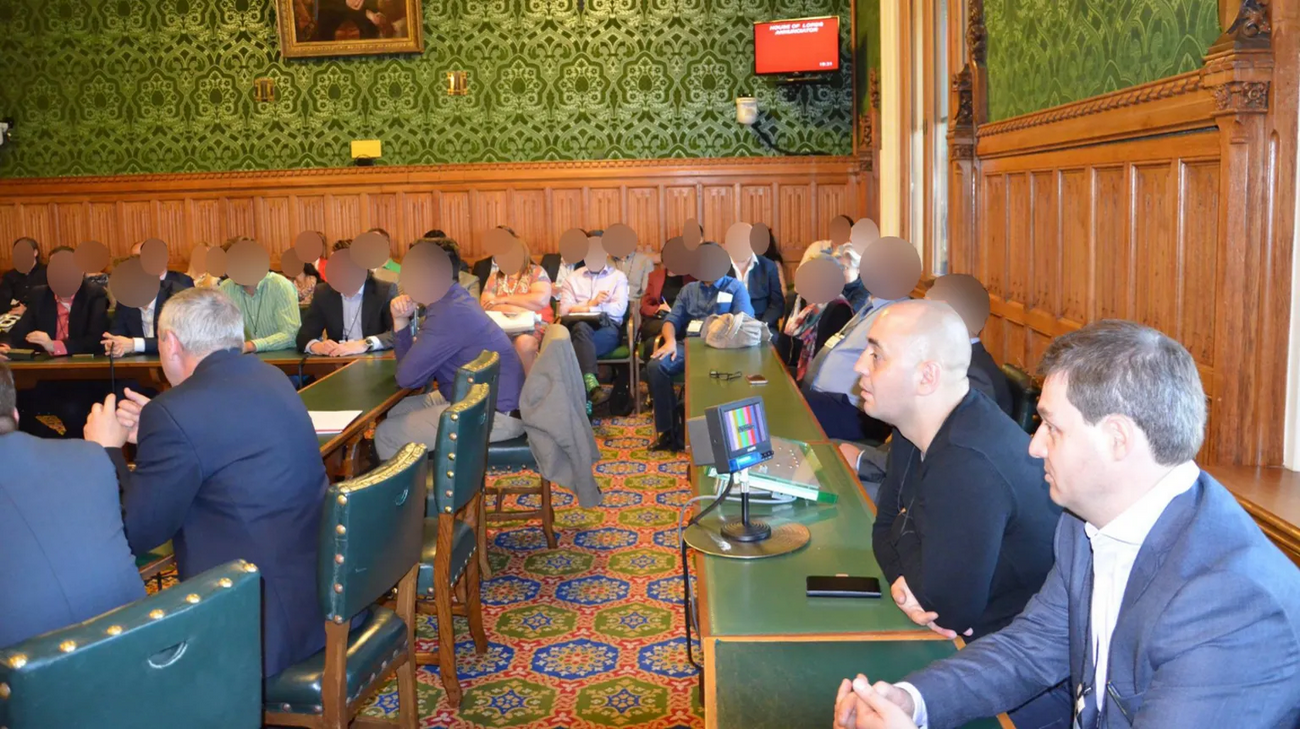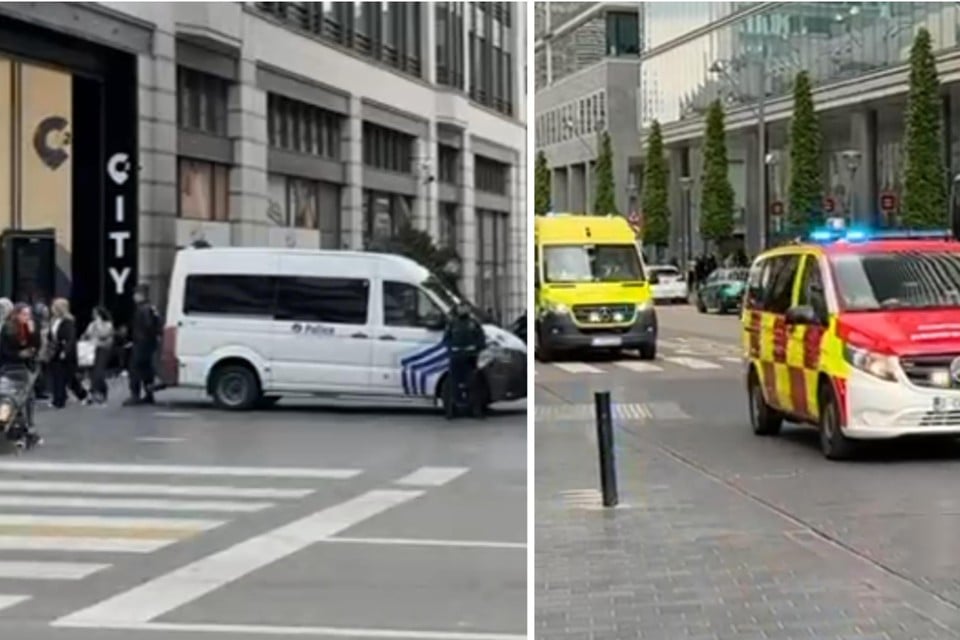This is how the cabaret started again after the World War
But that’s all!
Józsi Markstein, who conquered the world, became alpha in 1940. Then he died XIII. Alfonz, King of Spain, and took his name. But in spite of the successes, the storm of war picked up this buffalo -strong man and flew to the labor service in early 1944. It was thanks to his talent that he was not beaten, because the so -called frameworks were opening his private numbers with his mouth open and listened as he says inexorably: “Listen to people! … ”
Everyone was waiting for the end of the war.
The restart. Alfonzó escaped from the labor service, doping from an incredible desire to live, hiding for a long time, and when the weapons were finally silent, he took a big breath and encouraged everyone to continue everything as before. Let’s continue the fight, magic, dance, acting, magic. And life seemed to make up for the suffering: a wounded Russian officer moved to Szeged as an interpreter and could work as an assistant actor. Returning to the capital, the brilliant magician, Rodolfo, was able to enter the capital’s big circus.
And the chapter could continue with Rodolfo.
With Rezső Gács, the inimitable magicianwho had a slogan and even philosophy of life to: Just watch my hand because I’m cheating …! Like Alphonzo, he became a labor servant in the II. At the end of World War II, and he managed to survive the trip in hell. After the war, he was elected a member of the National Artist Association, and he was given that during the rural tours he could perform several times with the grandmother of the era, the number one diva, Katalin Karády. Rodolfo was the one who once said, “The artist who is satisfied with himself is no longer a magician. That died…. ”
The Hungarians longed for the cabaret
Of course, after the war, the audience was not even disturbed if the performance was not perfect. They wanted a show, relaxation, and primarily a cabaret. He was liberated after a lot of crying. According to records, just a few months after the siege of Budapest was completed, the cabaret genre was recovering from his dead condition and came out of the shelters. In August 1945, a contemporary journalist enthusiastically wrote: « There is a cabaret in every district of Budapest. The eternal reign of humor, satire and personal fever is the fever of cabaret formation, which is also a reflection of rebirth. »
The first cabaret that opened its doors after the bleeding was the podium cabaret, which was premiered on March 27, 1945. The audience who wanted to live went to play « Without the Mouth ».
It also happened in the spring of 1945 that Gábor Békeffi, with Sándor Pethes, received permission to open a cabaret in the building of today’s Radnóti Theater. The show was marked by names like Dezső Kellér and Frigyes Karinthy. Under the leadership of Gábor Békeffi, the war, the Podium cabaret reopened its doors on March 28, 1945, under Nagymező utca 11, and could operate with literary programs until 1949, in addition to cabaret performances. But then these gates were forever closed. The neon letters and the title board were also removed. Gábor Békeffi, as early as 1947, was forced to flee from the country. He did not win the much-awaited freedom in the Carpathian Basin. His father-the brilliant conference, the favorite of the devil mixer, the favorite of the Lipótváros, and the inventor of the vitamin Z-vitamin, is not the founder of the podium’s cabaret between the two world wars-László Békeffi once said: « no color dictatorship,
Because the much -awaited freedom became a dictatorship in Hungary, the years after the war did not bring hope, but rather hopelessness. And people often laughed at Rodolfo, Alfonzo, the Cabaret Stars.





